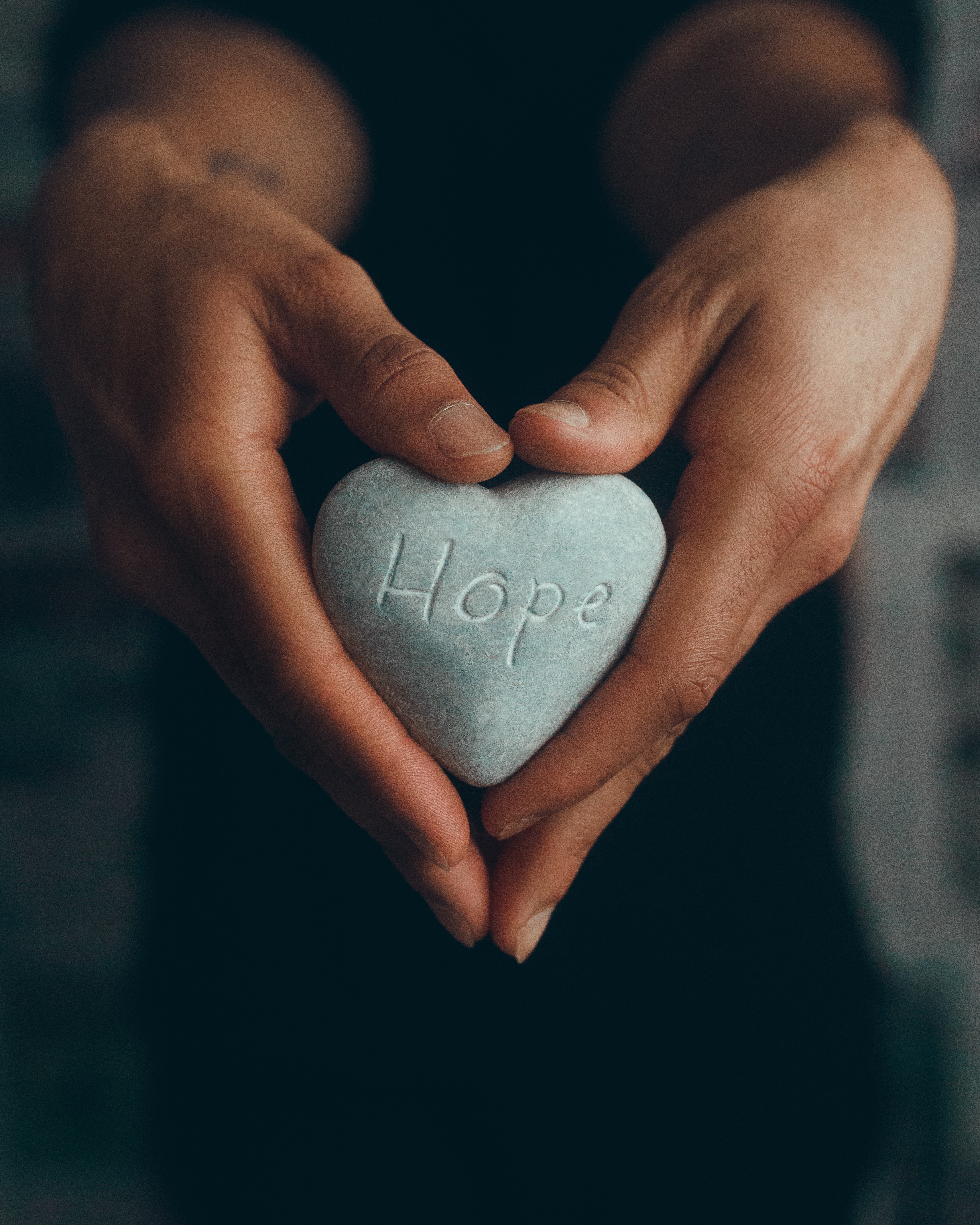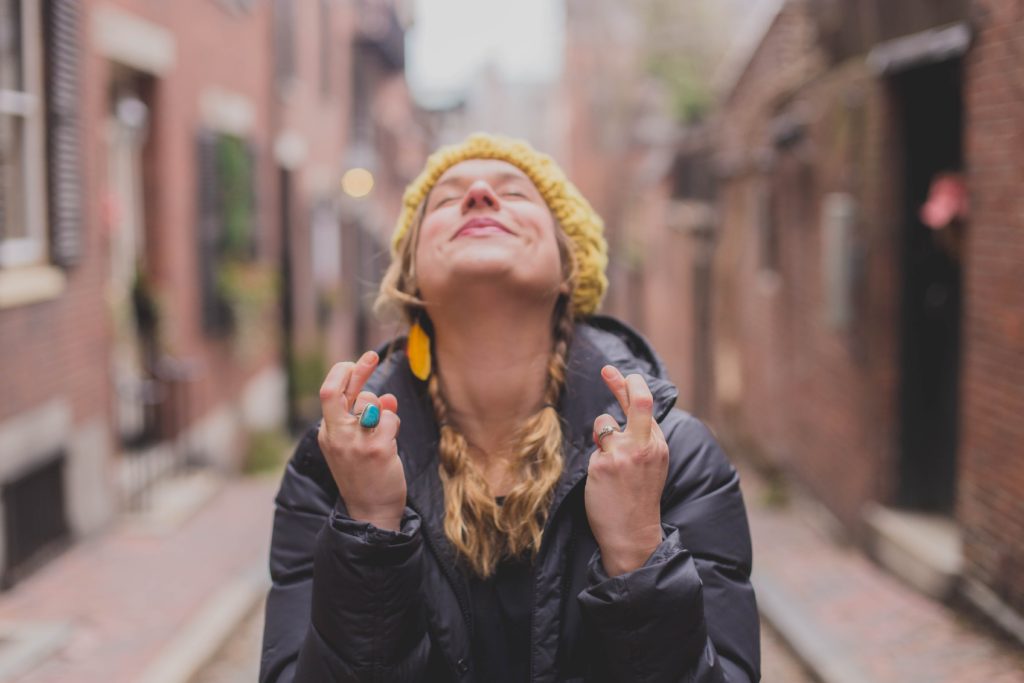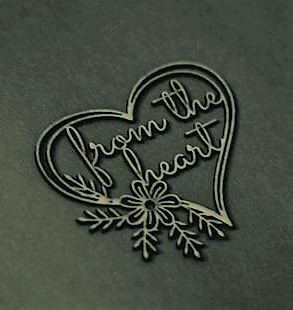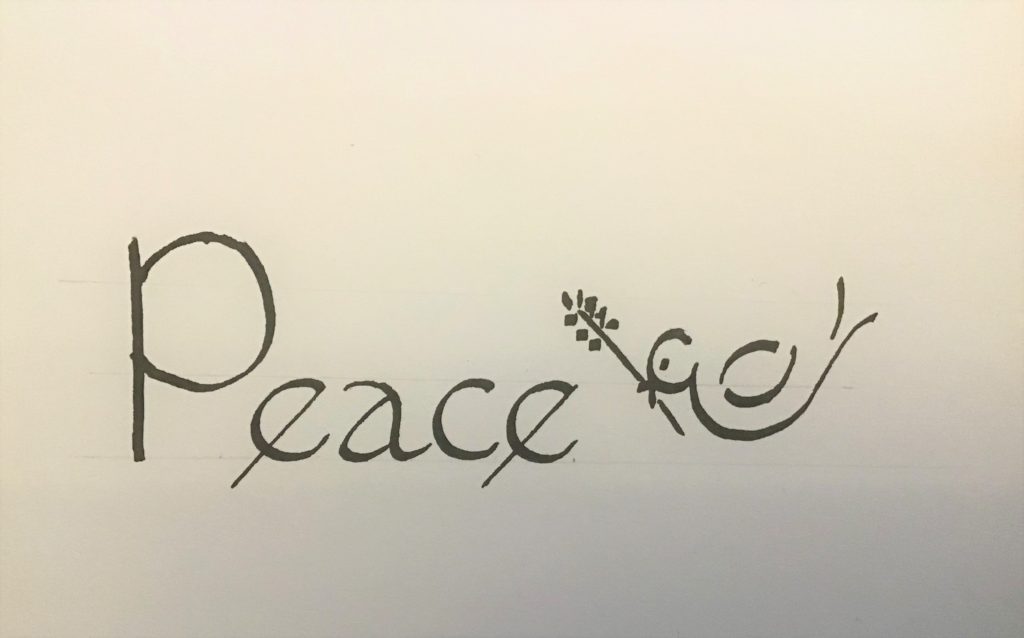Looking at the news and hearing about the numerous difficulties and challenges of others, one might be forgiven for slipping into a sense of despair. The climate crisis alone is sure to give one pause. And no matter what deals are written this week at COP26, they are as insignificant as warm air upon the wind unless they are acted upon.
All of this got me to thinking about hope. It was the middle of the night and I was lying awake fretting over the very troubling news of a good friend. What is hope, after all? Is it, as the ancient Greeks claimed, but a cruel trick?
Pandora’s box
According to the myth, Prometheus angered the gods by giving the humans he created fire. As a consequence, he was doomed to daily, insufferable torture, but his brother Epimetheus was allowed to remain living among their creations on Earth. Having the faculty of foresight, Prometheus begged his brother not to accept any gifts from the gods, as he feared their vindictiveness would not end with his own punishment.

When Epimetheus was presented with the exceptionally lovely Pandora to be his wife and an exquisite box as a wedding gift from Zeus; however, he was unable to refuse. We all know the rest. Pandora, overcome with curiosity, opens the box, which releases the evils of the world. At the bottom lies hope. This is often interpreted as an act of kindness, but the more likely explanation is rather more bleak. The Greek gods were not famous for their altruism, after all. Hope is there, not to give succour to the humans, but rather to perpetuate their misery by giving them the strength to continue amidst all difficulty.
So, in the depth of night, I wondered if this was true. Was hope only a way of making us endure with false optimism or was it something else? Dawn was a long way off and I had plenty time to contemplate this.

Here’s hoping
My first thought was how hope was not hope but merely wishful thinking when we use it to desire a good outcome without having done much to secure it. I’m certain that I’m not the only person to prepare insufficiently for an exam or event and still keep my fingers crossed that the result will be good. Occasionally, we are lucky and it is; however, more often than not, it isn’t.
Many of us will be hoping for a good outcome of the COP26 summit, but unless we are willing to give that hope assistance in the form of life adjustments, our dreams are unlikely to be fulfilled. Such hope is, in fact, dangerous. The attitude that technology will save us; science will save us; politicians will save us, absolves us of responsibility and we need do nothing but wait. I would not wish to gamble on those odds.

Good intentions
The road to Hell, they say, is paved with good intentions. I had always interpreted this to mean that without action, our good intentions are worthless. But it can equally mean that good intentions do not ensure positive outcomes. Those scientists who developed pesticides and herbicides to increase crop yields no doubt felt they were benefitting farmers and us by ensuring a bountiful and affordable food supply. The devastation that it has brought to the entire insect world would not have occurred to them. For a thorough examination of this phenomenon known as ‘the law of unintended consequences’, you may like to read the article here: https://www.psychologytoday.com/gb/blog/word-less/201904/the-road-hell-is-paved-good-intentions
Yet, without intentionality and the belief that we can improve situations, we are rendered powerless. So what exactly should we do? I confess that I’m not certain. For now, I’m going with a sort of two-pronged approach: to spend time in contemplation seeking a compassionate mindset and in making small steps in what I hope to be the correct direction. A gentle, methodical approach may not be exciting, but it does allow for flexibility and adjustments.
The urgency surrounding climate change may seem to warrant a rapid response, but it also means that we must get it right. If we take it upon ourselves to be as well-informed as we possibly can and to act without self-interest, I do believe that some good can come.
Acceptance
Sometimes, what we hope for simply isn’t possible. No amount of wishing will ensure it. Here, all we can do is bring acceptance to the situation and attempt to minimise the obvious stress and suffering of those involved. I do not feel equipped to do this yet, but I can certainly try to learn the skill of compassionate listening in the desire that it might help.

Image: Photo by Meghna R on Unsplash
Equally, often what we hope for does not materialise. Life has a habit of taking us by surprise and the goals we have laboured for so long are snatched away. Hard though it is to appreciate at the time, this might be better for us. Though my life has hardly gone to plan over the last several years, I’m not sure that the outcomes have been any worse than if they had. What I have lost in health and material wealth has been more than compensated for in leisure time (to write this, for example), friendship and an opportunity for spiritual development. On balance, I believe I am better off in all the ways that count. Though I regularly have to remind myself of this when frustrated by my limitations. You really can’t have it all.
All will be well
When life seems especially bleak, the words of the medieval anchoress, Julian of Norwich, are very welcome. Sometimes I repeat them on an indefinite loop, but only today did I look up the source. I discovered that these words came from a vision she had while dangerously ill. She was questioning why God had allowed sin (all the contents of Pandora’s box) to enter the world when he was omnipotent. Here is the answer she received:
But Jesus, who in this vision informed me of all that is needed by me, answered with these words and said: ‘It was necessary that there should be sin; but all shall be well, and all shall be well, and all manner of thing shall be well.
Julian of Norwich, Revelations of Divine Love
It seems that despite life’s suffering, we need not despair for ultimately, ‘all will be well’. Is she right? I certainly hope so.

